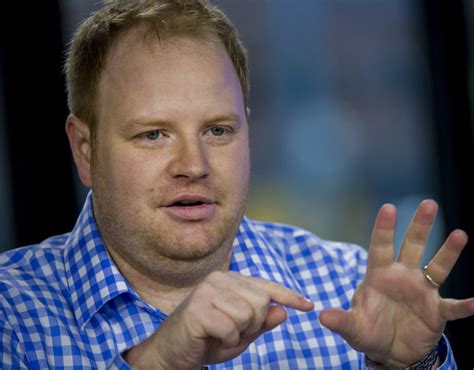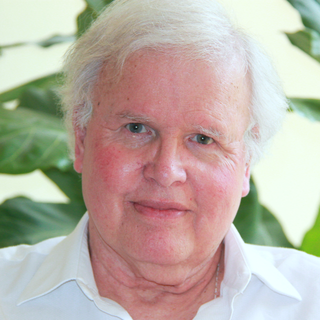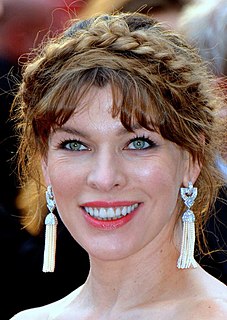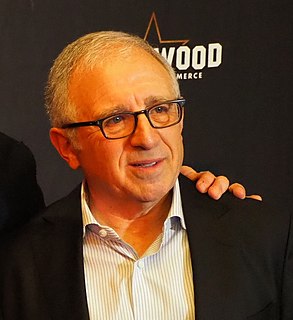A Quote by Barry Diller
Napster has pointed the way for a new direction for music distribution, and we believe it will form the basis of important and exciting new business models for the future of the music industry.
Related Quotes
There are those who say the music industry must adapt to a wired world. They point to the decades-long rise in CD prices, even as manufacturing costs came down, and to data that shows Napster may actually increase sales of CDs by music-hungry customers as evidence that the music industry is simply afraid of a new technology.
It's not that we need to form new organizations. It's simply that we have to awaken to new ways of thinking. I believe it makes no sense to spend a lot of time attacking the current realities. It is time to create the new models that have in them the complexity that makes the older systems obsolete. And to the extent that we can do that, and do that quickly, I think we can provide what will be necessary for a major breakthrough for the future.
I do not think it is any benefit for artists or fans to have all the new, wide distribution channels in the online world controlled by those who have controlled the old, narrower ones, .. This is especially true if they achieve that control by leveraging their dominance in content or conduit space in an anticompetitive way to control the new, independent music services that are attempting to enhance the consumer's experience of music.
I am passionate about what design can do - how far it can support the new ideas and the new ways of living of this 21st Century. Good design accelerates this exciting future where manufacturing is local, materials and processes are cradle to cradle, business models are both socially and financially driven.
Since the traditional recorded-music business models have drastically changed, there is truly diminished income derived from recorded music by artists - both current and catalog. The touring industry has become much more important as a majority revenue stream and the ancillary fan experiences and promotions that may be derived from it.


































